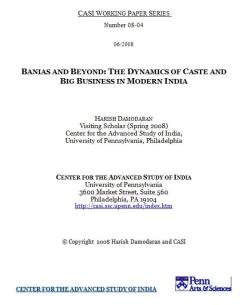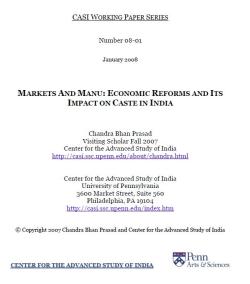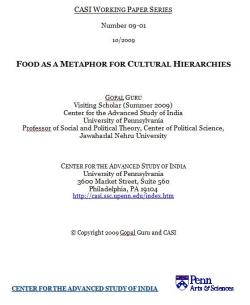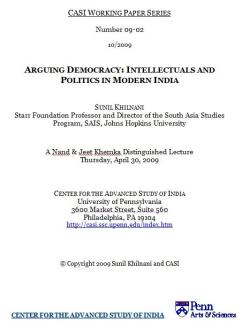Hereditary Politics is Thriving in India, but the Real Leaders Reached the Top by Other Routes

Though dynasty remains vitally influential in electoral politics – and a focus of growing resentment among those who believe Indian society is generally becoming more meritocratic – it may not be as significant a force as it looks at first sight. The most important politicians found another route to the top: in the upper echelons of many parties, the paramount leaders are not beneficiaries of nepotism, and this does not seem likely to change any time soon.






